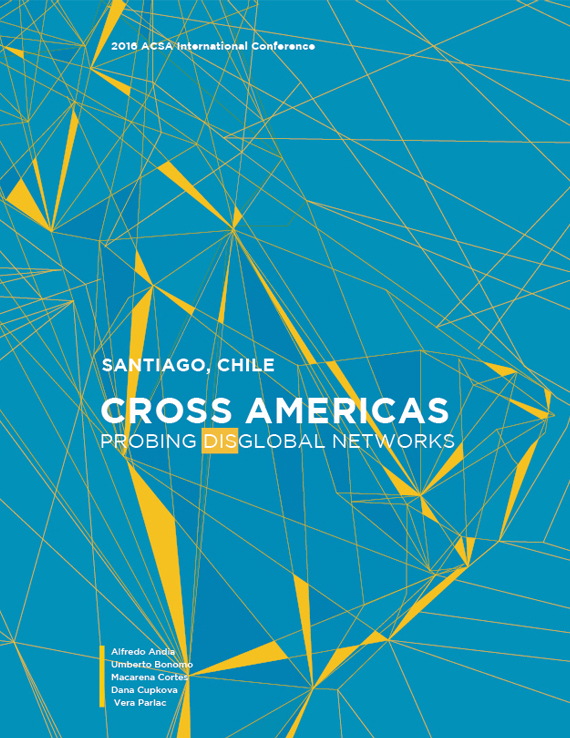Author(s): Neeraj Bhatia
The disjuncture between a territorial infrastructure and local cultures is most overtly witnessed in the development of pipelines, which are large infrastructural conduits used to transport oil or gas, deployed primarily between points of extraction and refining. This article examines the typology of the pipeline and its relationship to both territorial and local systems for their eventual future productions. Specifically, it focuses on the South American “Uruguayana-Porto Alegre Pipeline”, which will unify a series of separate pipelines developed over the past two decades. Spanning 3,100 kilometers across Argentina, Bolivia, Uruguay, and Brazil, and linking northern regions to the southern cone once completed, this energy ring will redistribute flows of energy, wealth, and people across the territory. As new pipelines and their associated infrastructures cross the once remote hinterland, it exposes these rural settlements and local ecologies to development pressures. This case study will use two design-research projects to investigate how the pipeline can be leveraged to reassert local cultures, economies, ecologies, and values.
https://doi.org/10.35483/ACSA.Intl.2016.35
Volume Editors
Alfredo Andia, Dana Cupkova, Macarena Cortes, Umberto Bonomo & Vera Parlac
ISBN
978-1-944214-10-4

 Study Architecture
Study Architecture  ProPEL
ProPEL 
